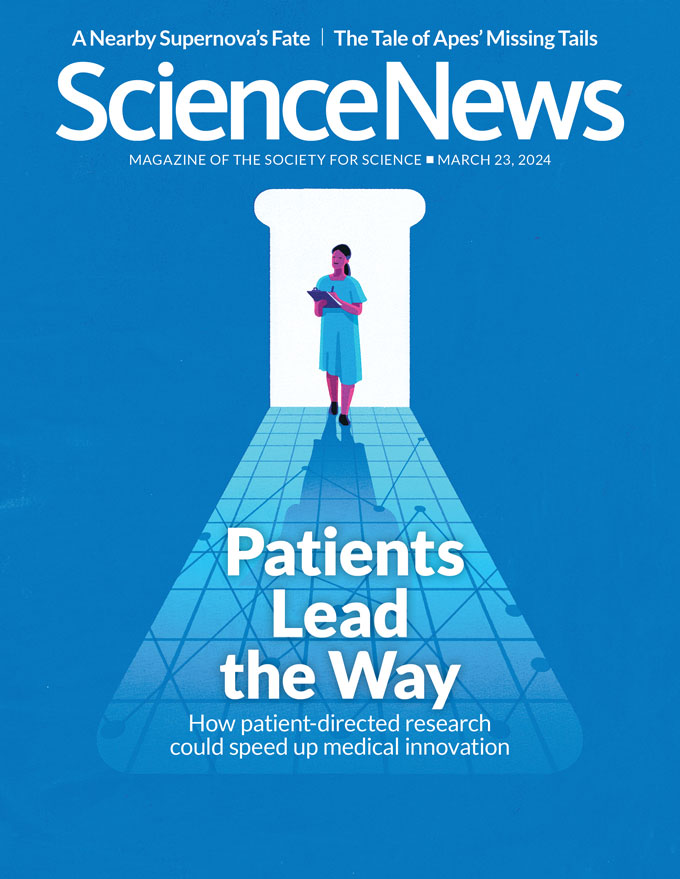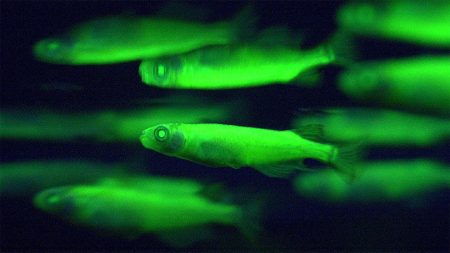People with chronic conditions are increasingly taking control of their own medical research, as highlighted in the story “Patient as scientist.” However, concerns about patient privacy have been raised, as seen in the case of Connor, a patient who was only identified by his first name while his spouse’s full name was printed. This raised questions about how printing the spouse’s full name maintained Connor’s medical privacy. The story reveals that Connor’s spouse agreed to print her last name because it differs from Connor’s, and other details were confirmed with the couple before publication, highlighting the importance of fact-checking in maintaining patient privacy.
In a separate article titled “Sharks bit fewer than 100 people in 2023,” shark bites were reported to be quite rare. Sharks are considered apex predators in the ocean, meaning they are at the top of the food chain without regulation from other predators. However, a reader questioned this classification, pointing out that orcas sometimes prey on great whites. While many sharks rank in the middle of the food web, it was clarified that most sharks that bite humans, including great whites, are indeed apex predators. Although orcas can kill or temporarily displace great whites, they do not control the sharks’ population.
The issue of patient privacy is critical, especially when it comes to medical research and reporting. Ensuring the protection of patient information is essential in maintaining trust and integrity in healthcare journalism. Patient consent and confirmation of details before publication play a crucial role in safeguarding privacy, as seen in the case of Connor and his spouse. Transparency and ethical reporting practices are necessary to navigate the delicate balance between sharing important medical stories and respecting patients’ confidentiality.
In the context of shark attacks, the classification of sharks as apex predators has been clarified, despite occasional predation by orcas. Understanding the role of sharks in the ecosystem, particularly the ones that interact with humans, is important for marine conservation efforts and public perception of these animals. Clarifying misconceptions and providing accurate information about the behavior and population dynamics of apex predators helps dispel myths and promote a better understanding of their role in the environment.
The intersection of patient privacy and scientific journalism underscores the challenges faced in balancing the dissemination of important healthcare information with the protection of individuals’ personal data. As individuals increasingly engage in medical research and share their stories, it is crucial for journalists and researchers to uphold strict privacy standards and respect the autonomy of patients. By maintaining high ethical standards and ensuring informed consent, the medical community can continue to benefit from patient-led research while upholding the privacy rights of individuals involved.
Supporting science journalism and promoting scientific literacy are crucial in addressing complex issues such as patient privacy and environmental conservation. By subscribing to science publications like Science News and contributing to the expansion of science literacy, individuals can play a part in advancing knowledge, critical thinking, and informed decision-making in society. Strengthening support for science journalism is essential in fostering a better understanding of the world around us and promoting evidence-based decision-making for the benefit of all.















